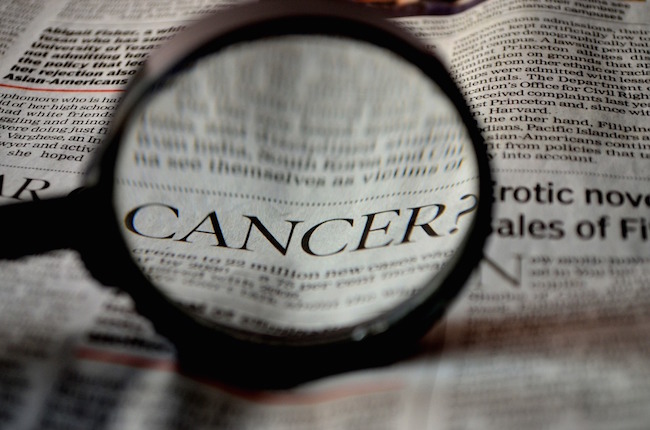Study: This is How a High-Cholesterol Diet Increases Colon Cancer Risk by for Natural Society
An increasing number of scientists now say that cholesterol doesn’t cause heart attacks, but eating a high-cholesterol diet may come with other risks, including a higher risk of colon cancer. Now, scientists understand exactly how cholesterol increases that risk. [1]
Researchers from the University of California, Los Angeles (UCLA) have discovered a previously-unknown molecular mechanism that promoted the growth of tumors in a study of mice. The authors wrote that as cholesterol levels increased in the mice, they observed that the mice’s intestinal stem cells (ISCs) began to proliferate and cancerous tumors inside the animals began growing at a faster rate.
Senior study author Peter Tontonoz, a professor of pathology and laboratory medicine, said:
“We were excited to find that cholesterol influences the growth of stem cells in the intestines, which in turn accelerates the rate of tumor formation by more than 100-fold.
While the connection between dietary cholesterol and colon cancer is well established, no one has previously explained the mechanism behind it.”
Cholesterol tends to be associated with poor health, but the body needs cholesterol to function properly. The body uses this fatty, waxy substance to make vitamin D, hormones, and compounds that aid digestion and help to form cell walls.
Cholesterol travels through the bloodstream in little “packets” of lipoproteins. There are 2 types of these lipoproteins: low-density lipoprotein (LDL) “bad” cholesterol, and high-density lipoprotein (HDL) “good” cholesterol. Cholesterol only becomes a threat when these 2 different types become imbalanced.
Scientists have known about a link between cholesterol and cancer in the past, as cancer cells tend to have higher levels of cholesterol than healthy cells. But does this mean that cholesterol itself plays a role in the development of cancer? That was the question researchers have been trying to answer.




